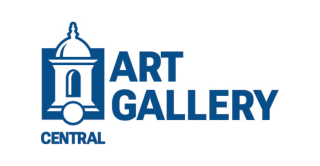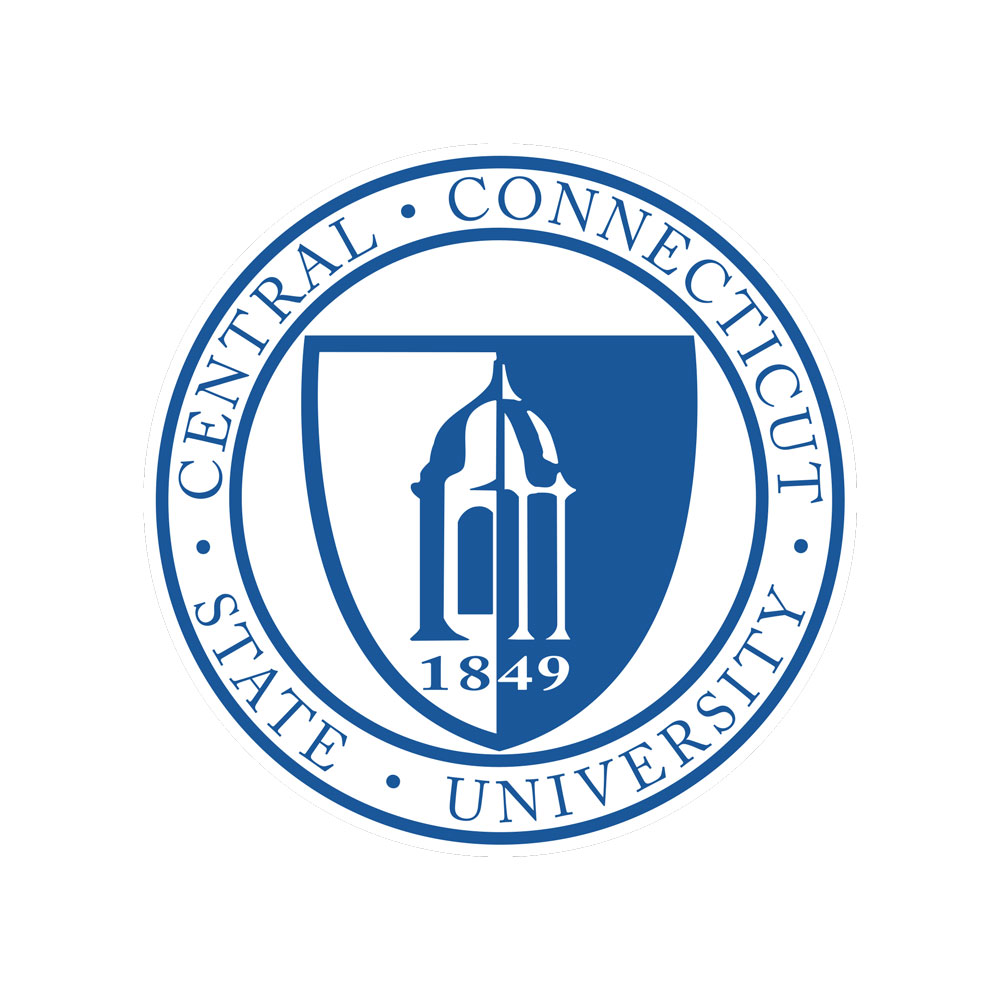
Reimbursement for meals and incidentals will be based on current GSA rate broken down as specified in the Federal Travel Regulations, Allocation of M&IE Rates to Be Used in Making Deductions from the M&IE Allowance as per Exhibit F appendix A for continental United States travel and Exhibit F appendix B for all other travel; or appropriate collective bargaining agreement.
In-state meal allowances are not authorized within the limits of any employee’s official duty station. In-state meal reimbursement is not authorized for travel within the CSU System (excluding grants). For other in-state travel, the meal policy is as follows:
-
Recruiting - Expenses of luncheon or dinner meetings held in connection with University business or with the entertaining of guests visiting the University on official business are allowable. Expenditures should be limited to the cost of food and beer or wine when served with a meal. Central does not pay for hard liquor. Luncheon expenses of staff members are usually a personal responsibility; however, reimbursement of noonday meals of employees may be allowed when:
A member of a search committee hosts a candidate for a position; or
A departmental employee hosts a visiting lecturer, potential donor, or other official guest to the University. In this case, the following requirements apply:
-
The reimbursable amount of luncheon expenses shall be limited to $50 per person and includes beer or wine when served with a meal. Expenses for hard liquor will not be reimbursed.
-
Before hosting the luncheon, the employee must first obtain signed authorization from their senior manager (VP/Chief or above). The authorization must be attached to the Travel Reimbursement form. The luncheon expenses will not be reimbursed unless all required documentation is attached to the form.
-
In the case of hosting a potential donor, "potential donor" is defined as a person other than a CSU employee as defined in Introduction section, first paragraph, of these procedures.
The above policies apply unless the University has a specific refreshment policy which covers the above. In this case, the refreshment policy would take precedence.
-
If a traveler is on a recruitment trip but is not hosting a candidate, the traveler may be reimbursed for meals up to the GSA rate.
-
One-day Seminars/Workshops/Conferences - No meal reimbursement will be allowed unless it is included in the registration fee, or, if charged separately, the meal is considered a formal part of the conference (i.e. awards luncheon with keynote speaker).
-
Overnight Seminars/Workshops/Conferences - When the registration fee for a conference includes a meal(s), it must be noted on the Travel Authorization and the daily subsistence allowance must be reduced accordingly. Deduction is based on the Allocation of Meal & Incidental Expenses rates, as per Exhibit F appendix A for non foreign travel and Exhibit F appendix B for foreign travel. An exception will be made for the following:
Continental Breakfast - When only a continental breakfast is served, reimbursement for breakfast will be provided.
Reception - If there is only a reception provided in the evening, reimbursement for dinner will be provided.
For other than the above-specified instances, the following policy applies:
For both in-state and out-of-state meal reimbursement, eligibility for meal allowance reimbursement is determined by the following schedule:
| When travel is: | Your allowance is: |
| More than 12 but less than 24 hours: | 75% of the applicable M & IE rate |
| 24 hours or more, on: | The day of departure 75% of the M & IE rate |
| Full days of travel: | 100% of the applicable M & IE rate |
| The last day of travel: | 75% of the M & IE rate |
For example, if a traveler departs for a conference at 7 AM (no overnight stay involved) does not receive any meals as part of the conference registration fee and returns home anytime prior to 7 PM, no reimbursement for meals is allowed.
If a traveler departs at 7 AM ( no overnight stay involved), does not receive any meals as part of the conference registration fee and returns home anytime after 7 PM, the traveler will receive 75% of the destination M & IE rate.
If a traveler departs for a conference at 7 AM (no overnight stay involved) and receives lunch as part of the conference registration fee and returns home anytime after 7 PM, the traveler will receive the following reimbursement for that day's travel:
Assume: Per diem = $49 ($9 breakfast, $13 lunch, $24 dinner, $3 incidentals)
Calculation of reimbursement is: $49 x .75 = $36.75, less $13 = $23.75
In the case of a traveler claiming actual meal expenses documented with receipts, for both in-state and out-of-state meal reimbursement, eligibility for meal allowance reimbursement on the days of departure and return is determined by the departure and/or arrival time according to the following schedule:
| Breakfast: | Departure from CSU or home BEFORE 7:00 a.m. Arrival at CSU or home AFTER 9:00 a.m. |
| Lunch: | Departure from CSU or home BEFORE 11:00 a.m. Arrival at CSU or home AFTER 2:00 p.m. |
| Dinner: | Departure from CSU or home BEFORE 5:00 p.m. Arrival at CSU or home AFTER 7:00 p.m. |
Computation of meal allowances for travel greater than twenty-four (24) hours is made in the following manner:
-
Day Travel Begins:
If lodging is required, use 75% of the applicable Meal and Incidental Expenses (M&IE) rate prescribed for the location of the lodging.
EXAMPLE: The traveler is traveling from Hartford overseas to Hungary, and must change planes in Paris. The flight from Paris to Hungary does not leave until the next day. Therefore, the traveler must stay overnight in Paris. The maximum M&IE rate for Paris is $50.00, and the maximum M&IE rate for Hungary is $40.00. The maximum M&IE rate used by the traveler in this situation for the first day of travel (Hartford to Paris) is $50.00 x .75 = $37.50.
If lodging is not required, the per diem allowable is 75% of the destination M&IE rate.
EXAMPLE: The traveler is traveling from Hartford to Los Angeles via Amtrak. The train travels all night, with no overnight stop involved. The per diem allowable is 75% of the M&IE rate for Los Angeles.
-
Full Calendar Days of Travel:
a) if lodging is required, at an en route location, use the applicable M&IE rate prescribed for the location of the lodging
EXAMPLE: The traveler is attending a conference in Princeton, NJ (M&IE rate of $34.00), but the traveler’s hotel is located in Edison, NJ (M&IE rate of $38.00). The allowable per diem for the traveler is the Edison rate, or $38.00.
b) If lodging is not required, the per diem allowable is the destination M&IE rate.
EXAMPLE: The traveler is traveling from Vienna to Istanbul on the Orient Express. The train travels all day and night, with no overnight stop involved, the employee has the option to purchase a roomette car, however, the per diem allowable is the M&IE rate for Istanbul.
-
Returning from Travel:
a) if lodging is required at an en route location, use the applicable M&IE rate prescribed for the location of the lodging.
EXAMPLE: The traveler is traveling from Hungary back to Hartford, and must change planes in Paris. The flight from Paris to Hartford does not leave until the next day. Therefore, the traveler must stay overnight in Paris. The maximum M&IE rate for Paris is $50.00, and the maximum M&IE rate for Hungary is $40.00. The maximum M&IE rate used by the traveler in this situation for this day of travel (Hungary to Paris) is the Paris rate, $50.00.
b) if lodging is not required, the allowable per diem is the M&IE rate used on the preceding calendar day.
EXAMPLE: The traveler is returning from Hungary to Hartford. The return flight takes all night, arriving the next morning, but no interim lodging is required because the traveler is in the air. The allowable per diem is the M&IE rate for Hungary.
c) on the day the travel ends, the allowable per diem is the M&IE rate used on the preceding calendar day, prorated as provided above
EXAMPLE: The traveler is returning from San Diego to Hartford. The trip takes one afternoon. The allowable per diem is 75% of the M&IE rate for San Diego.
Maximum applicable rates for meals and incidental expenses allowed include tax and gratuities. GSA per diem rates are available on the Internet at http://www.gsa.gov/portal/category/21287. Consult this web site to determine the applicable per diem rate for the specific locality.
Meal reimbursement may be claimed in two different manners: up to the allowable per diem (no receipts) or actual expenses as documented with receipts for all meals regardless of cost.
The same method must be used for the entire travel period.
If foreign meal expenses are taken per diem, no receipts are required even when a single foreign meal is greater than $25.00.
Per diem payments at or below the federal rate are non-reportable. Actual meal expenses are also non-reportable. Any per diem amount paid, either by collective bargaining agreement or by Standard State Travel Regulation in excess of the federal per diem rate is considered reportable wages and is subject to withholding and the payment of employment taxes.
When the registration fee for a conference includes a meal (s), it must be noted on the Travel Authorization and the daily subsistence allowance must be reduced accordingly. Deduction is based on the Allocation of Meal & Incidental Expenses rates, as per Exhibit F. An exception will be made for the following:
-
Continental Breakfast - When only a continental breakfast is served, reimbursement for breakfast will be provided
-
Reception - If there is only a reception provided in the evening, reimbursement for dinner will be provided.
In addition, airline meals will not result in a reduction in the daily subsistence allowance.
Incidental expenses are part of the meal per diem and include:
-
fees and tips for porters, bellhops, hotel maids, stewards or stewardesses and others on vessels and hotel servants in foreign countries. Note that tips are voluntary and based upon judgment; therefore tips exceeding the incidental expense allowance will not be reimbursed
-
laundry and cleaning and pressing of clothing;
-
transportation between places of lodging and where meals are taken
-
and telegram and telephone calls necessary to reserve lodging accommodations.
Expense for liquor (including beer and wine) and floor cover charges billed with food are not reimbursable.
Rev. 02/07/2014



